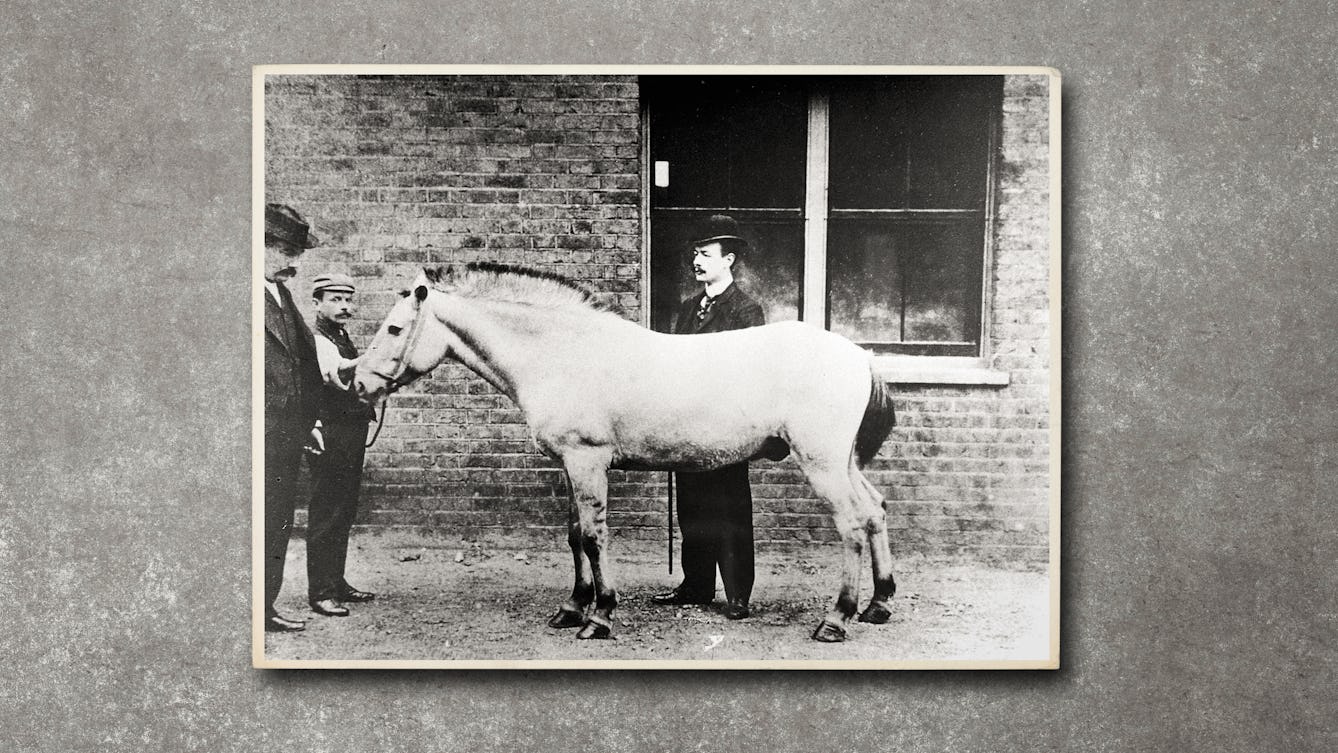
- Article
- Article
Jim, the horse of death
Horses’ blood was used to produce an antitoxin that saved thousands of children from dying from diphtheria, but contamination was a deadly problem. Find out how a horse called Jim was the catalyst for the beginnings of medical regulation.
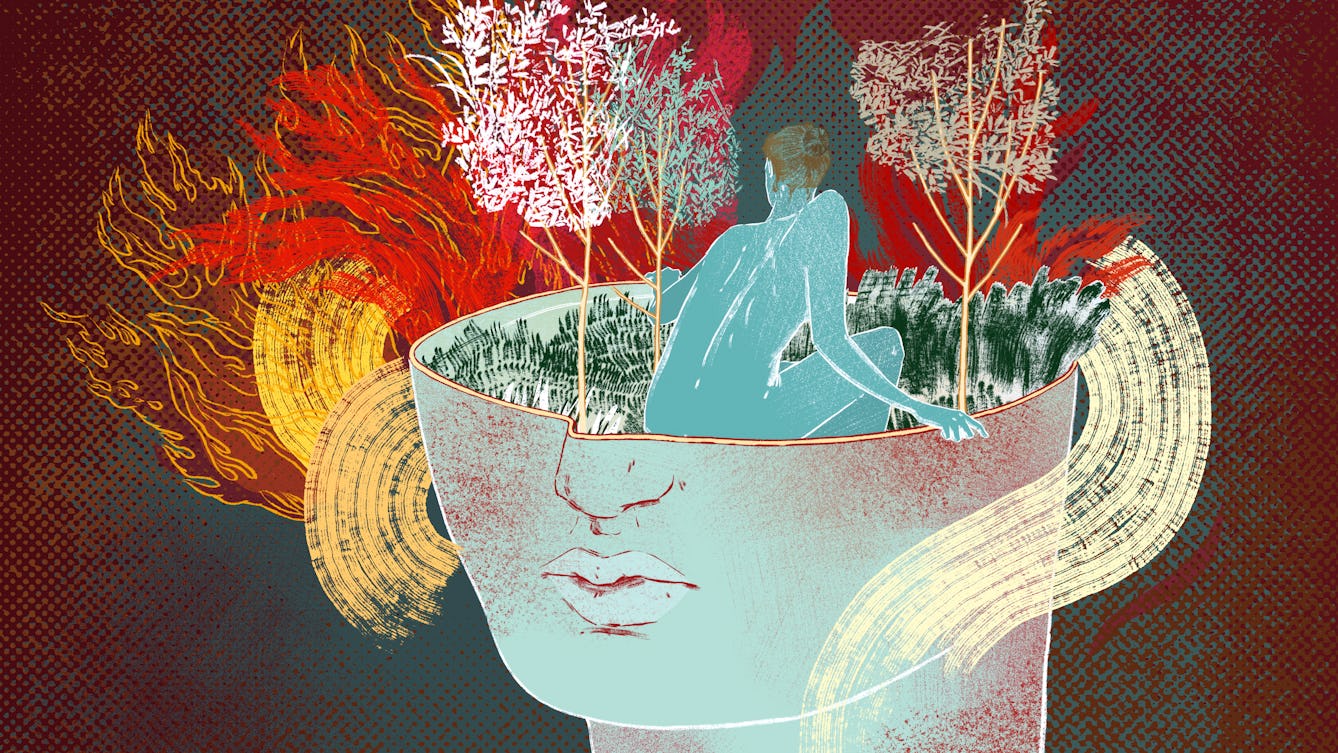
- Article
- Article
A message from my skin
As wildfires threatened Seattle, resident Sydney Baker experienced corresponding flares of acne and rashes. Her skin was telling her something about the health of the world around her.
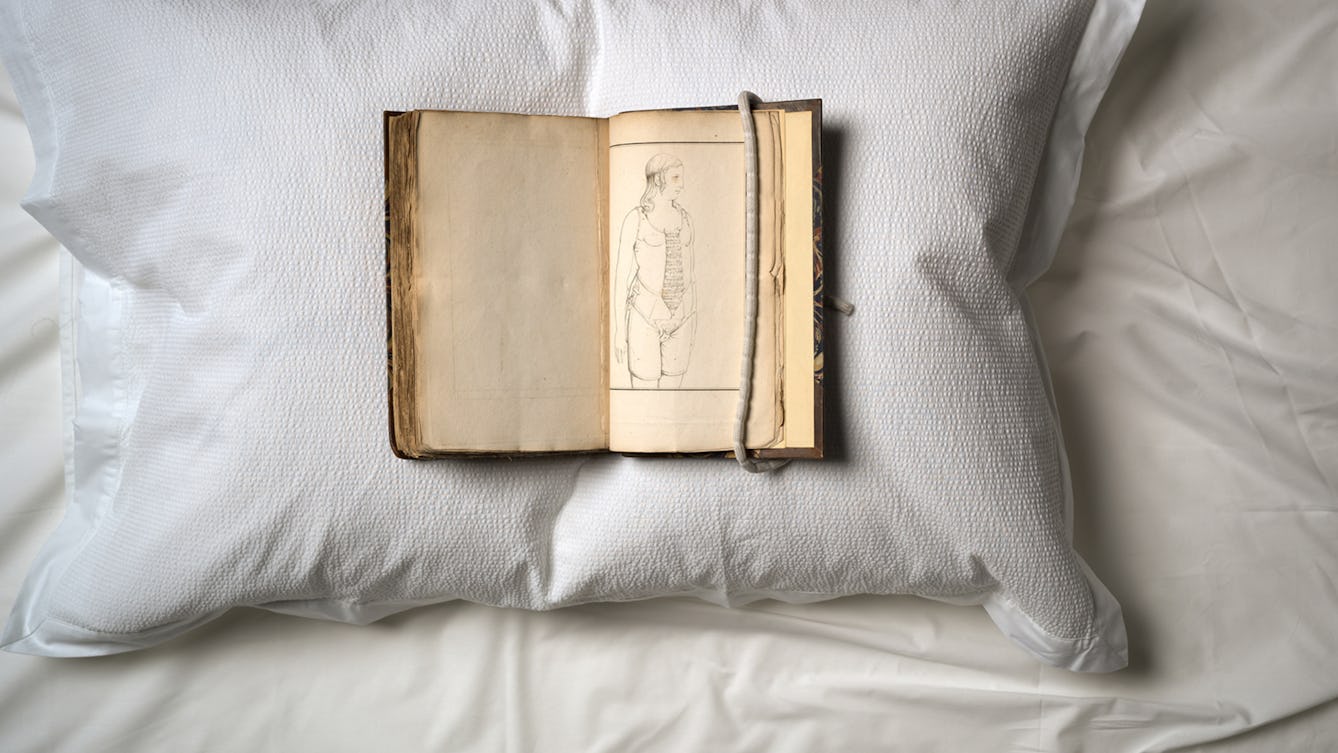
- Article
- Article
Female masturbation and the perils of pleasure
Dr Kate Lister exposes the brutal 19th-century ‘cures’ for women who indulged in masturbation.
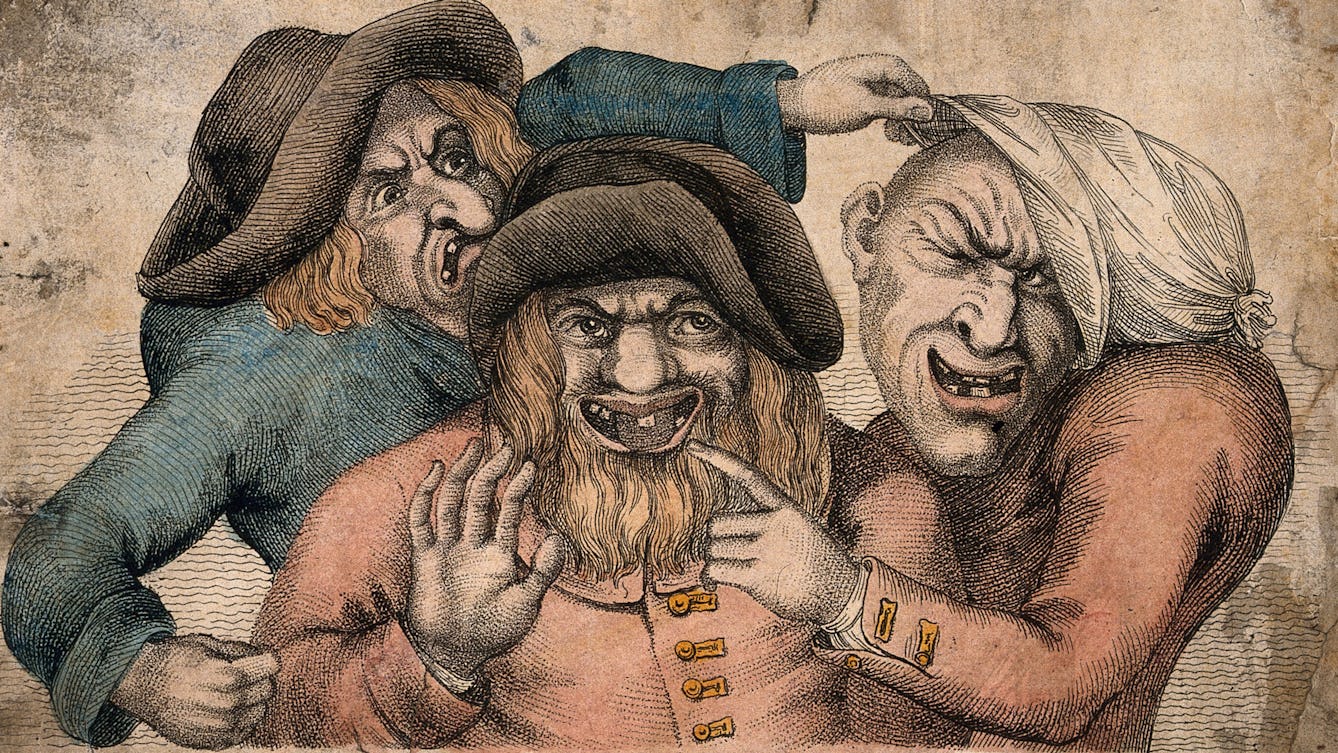
- Article
- Article
Is your job bad for your teeth?
Some surprising occupations pose hidden risks to dental health. Could your ivories be in particular peril?
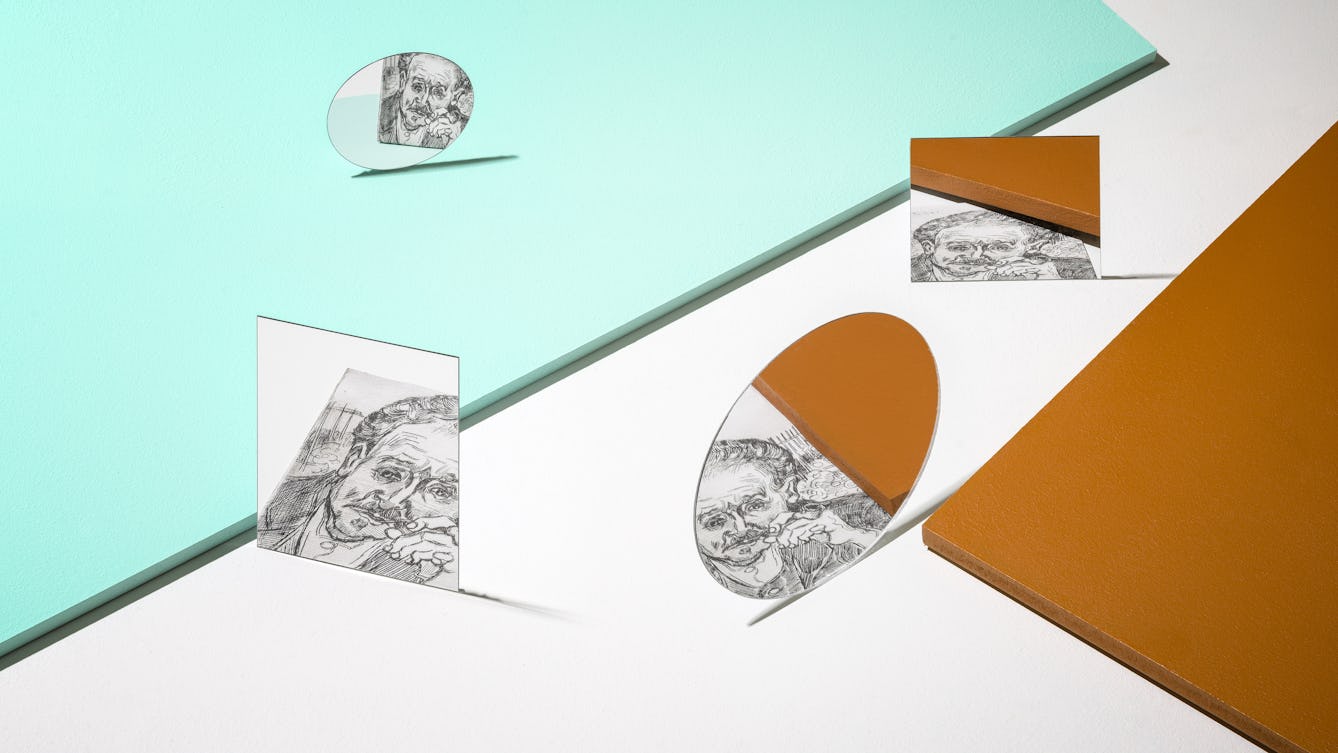
- Article
- Article
Reversing the psychiatric gaze
Nineteenth-century psychiatrists were keen to categorise their patients’ illnesses reductively – by their physical appearance. But we can see a far more complex picture of mental distress, revealed by those patients able to express their inner worlds in art.
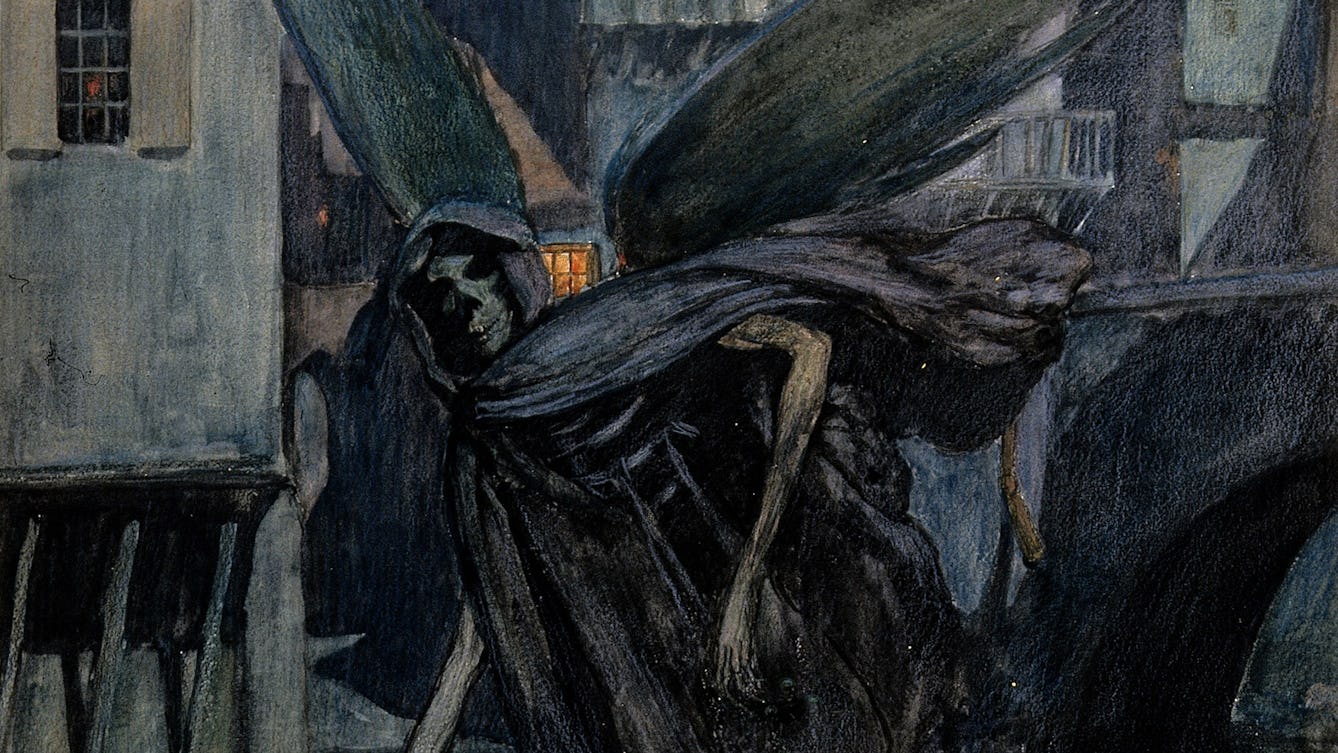
- Article
- Article
The cook who became a pariah
New York, 1907. Mary Mallon spreads infection, unaware that her name will one day become synonymous with typhoid.
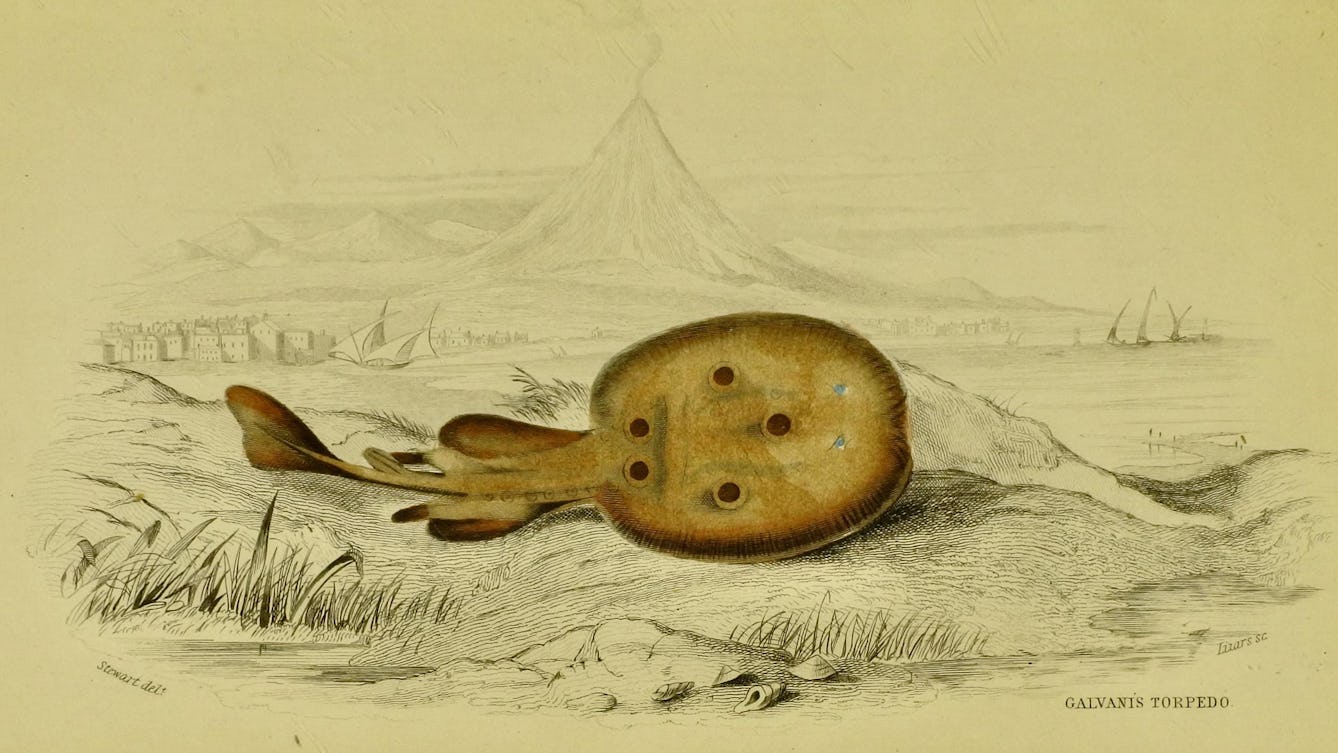
- Article
- Article
Eels and feels
For Georgian Londoners, the allure of electric animals was both intellectual and sensual.

- Article
- Article
Why zombies can’t help coming back
Although it might appear that zombies are a 20th-century phenomenon, created for the horror-movie industry, they’ve actually been around since medieval times. Find out what zombies like to do, and how to get rid of them.
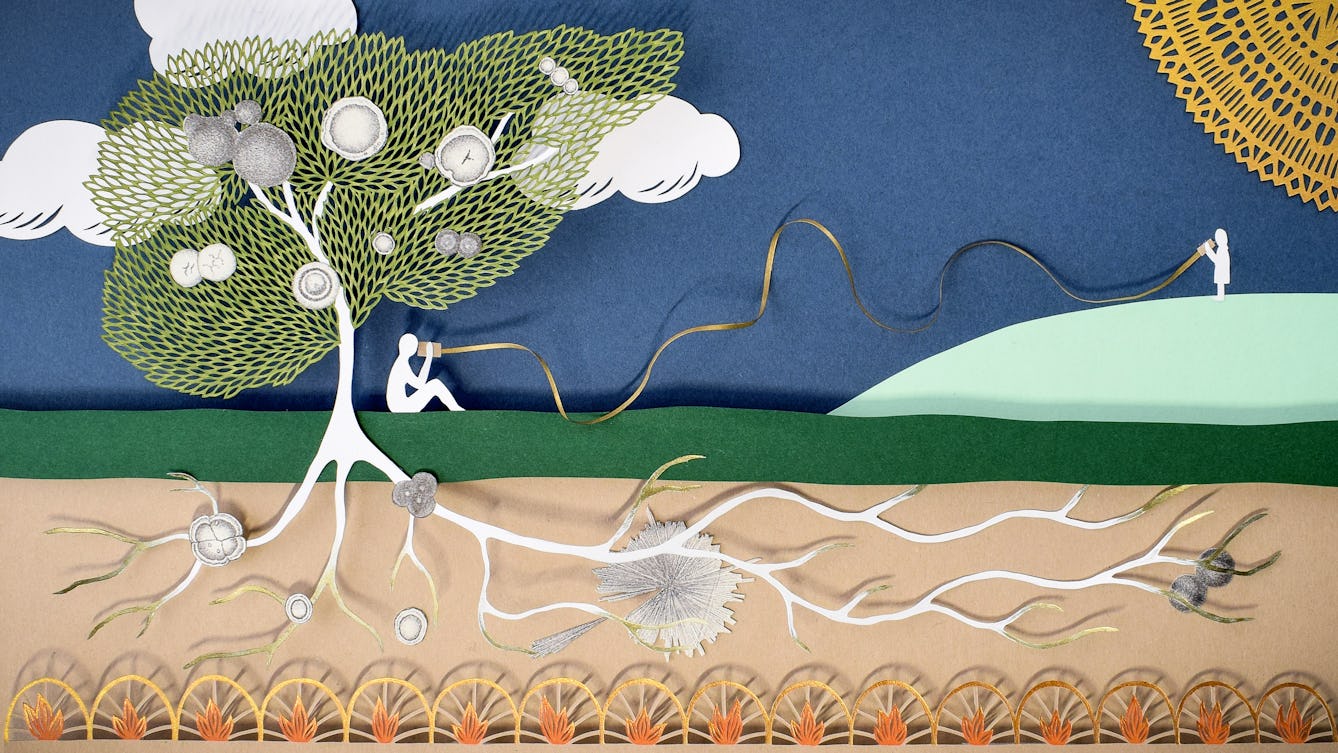
- Article
- Article
The poetic language of health
When his doctors could only offer phone consultations, James Morland turned to poetry to make sense of the medical terms describing his symptoms and test results.

- Article
- Article
Are doctors medical detectives?
Do doctors really identify medical conditions in the same way that detectives solve crimes? Neurologist Jules Montague makes her diagnosis.

- Long read
- Long read
Rehab centres and the ‘cure’ for addiction
Guy Stagg takes us on a brief history of rehab centres and their approaches to addiction and recovery.